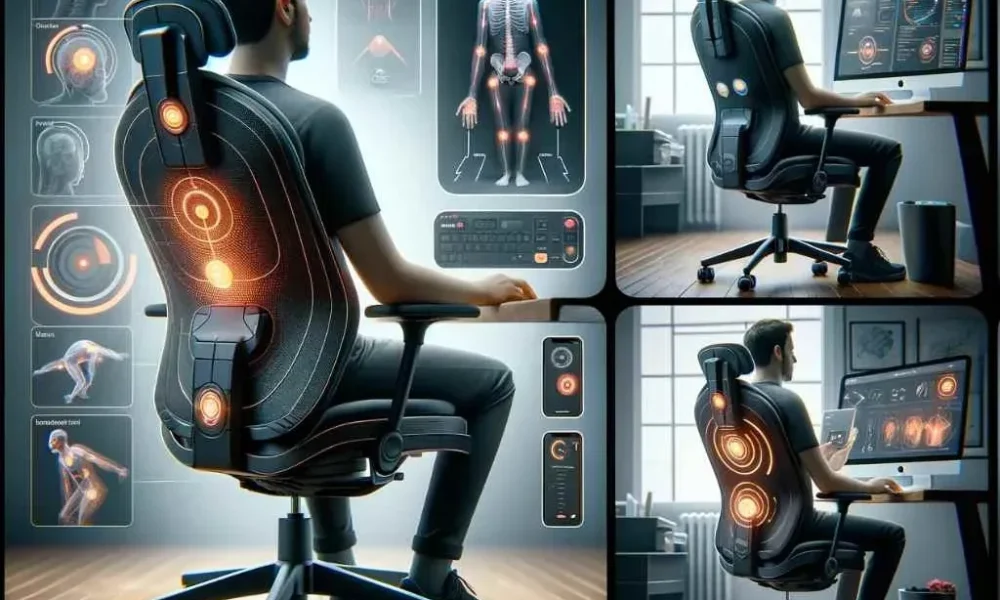In various organizations, especially in the healthcare and medical sectors, you may come across the term “IHMS Chair.” But what exactly does it mean, and what responsibilities does this role entail? In this article, we will delve into the world of IHMS and explore the significance of an IHMS Chair.
What is IHMS?
IHMS stands for Infection, Prevention, and Control (IPC) and Healthcare Associated Surveillance (HAS). It is a critical component of healthcare facilities, focusing on preventing and controlling infections, as well as monitoring and reporting healthcare-associated surveillance data. The primary goal of IHMS is to ensure a safe environment for patients, healthcare workers, and visitors.
The Role of an IHMS Chair
An IHMS Chair is a senior leadership position responsible for overseeing the IHMS program within a healthcare organization. This individual plays a crucial role in ensuring the effective implementation and maintenance of infection prevention and control practices. The IHMS Chair is accountable for:
-
Leadership and Guidance: Providing strategic direction and guidance to the IHMS team, ensuring alignment with organizational goals and national guidelines.
-
Risk Management: Identifying and mitigating risks associated with healthcare-associated infections and implementing control measures.
-
Policy Development and Review: Developing, reviewing, and updating IHMS policies, procedures, and guidelines to ensure compliance with national standards.
-
Education and Training: Ensuring that healthcare workers receive adequate training and education on IHMS best practices.
-
Surveillance and Reporting: Overseeing the collection, analysis, and reporting of healthcare-associated surveillance data to identify trends and areas for improvement.
-
Collaboration and Communication: Fostering effective communication and collaboration with healthcare teams, stakeholders, and external partners.
Key Responsibilities
Some of the key responsibilities of an IHMS Chair include:
-
Coordinating outbreak investigations and implementing control measures
-
Conducting regular IHMS audits and assessments
-
Developing and managing IHMS budgets and resources
-
Ensuring compliance with national accreditation standards
-
Facilitating research and quality improvement initiatives
Conclusion
In conclusion, the IHMS Chair plays a vital role in ensuring the safety and well-being of patients, healthcare workers, and visitors within healthcare facilities. This leadership position requires strong expertise in infection prevention and control, as well as excellent communication, collaboration, and leadership skills. By understanding the role and responsibilities of an IHMS Chair, we can appreciate the importance of effective IHMS programs in maintaining high-quality healthcare services.




